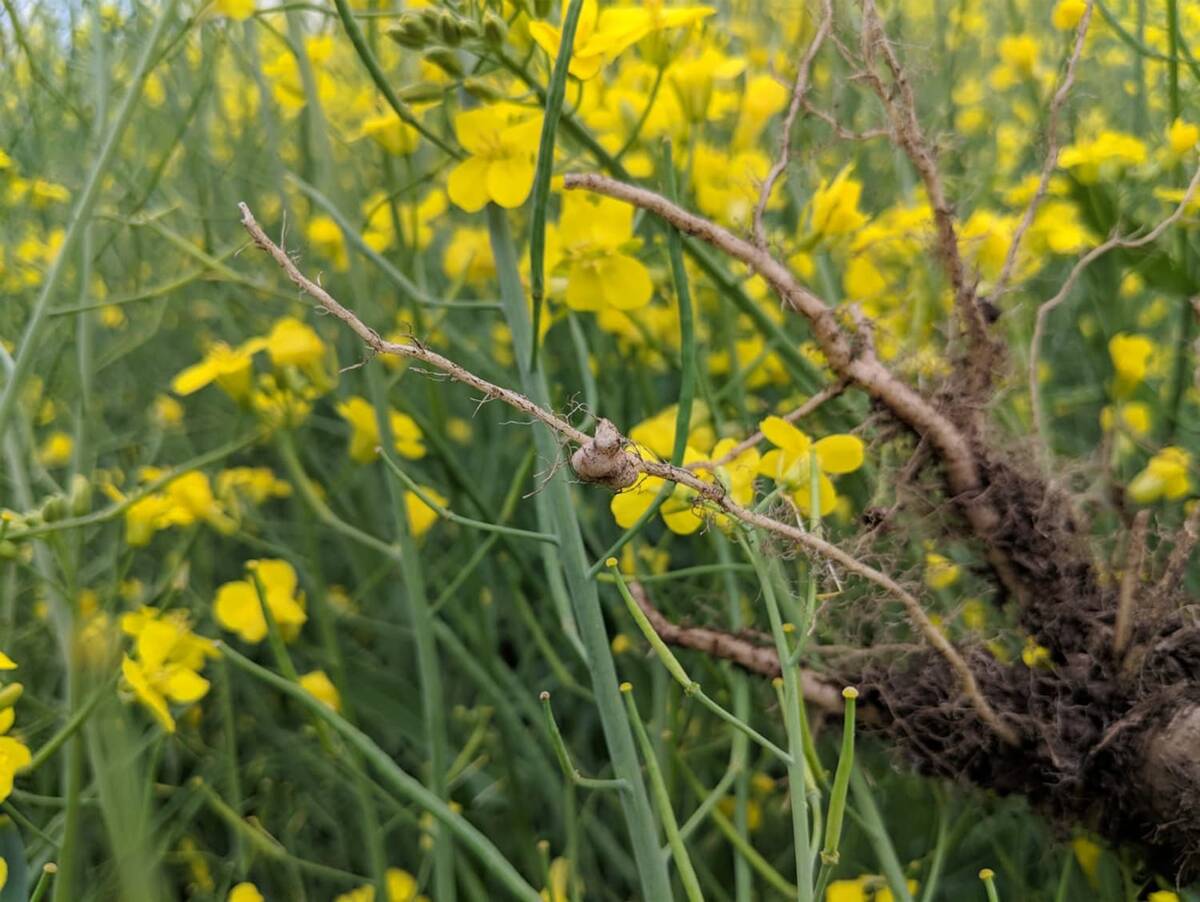OAK BLUFF, Man. – Tombstone still casts a shadow on the Canadian Wheat Board in these parts.
But even staunch dual-market supporters at the board’s district meeting here last week were positive about CWB ideas for improving cash flow.
Henry Penner drove an hour and a half from Morden, Man., because he wanted his chance to hold the CWB accountable. The memory of how the board missed out on marketing wheat infected with fusarium head blight was fresh on his mind, as it was for the more than 250 other farmers in attendance.
Read Also

Going beyond “Resistant” on crop seed labels
Variety resistance is getting more specific on crop disease pathogens, but that information must be conveyed in a way that actually helps producers make rotation decisions.
“How they handled that was almost despicable. And they’ll admit to that too. Who was accountable? Who lost even a bonus in their cheque about it? Nobody,” he said.
Penner said he wants more options for selling his wheat. He doesn’t grow it to make money, but he needs it in his crop rotation.
“They’re starting to have some flexibility in the way they pay out their payments, and I think that’s very positive for the wheat board.
“Shoot, they’re trying to be more like an open market now, which is what you want to have,” said
Penner.
But no matter what changes are made, Penner said he thinks transportation will still be the bottleneck because farmers will only be able to collect early payments when they’ve delivered their grain.
Glenlea, Man., farmer Harold Wiens said the meeting was valuable because he discovered the board will take all the extra-strong wheat available. Wiens said he had been worried about the market because of slow calls so far this year.
As far as the fusarium issue goes, he said it shook his faith in the board. “They had a bunch of diseased wheat that they said they couldn’t market, and here the farmers went down there and marketed it themselves. So it doesn’t wash, everything that they tell you.”
Ed Rempel from Starbuck, Man., said the fusarium “debacle” appears to have made the wheat board more responsive to farmers’ opinions.
“(Farmers) like some of the noises that the wheat board is making…There’s generally a feeling that the wheat board is really listening hard to the farmer and I have that feeling too.”















